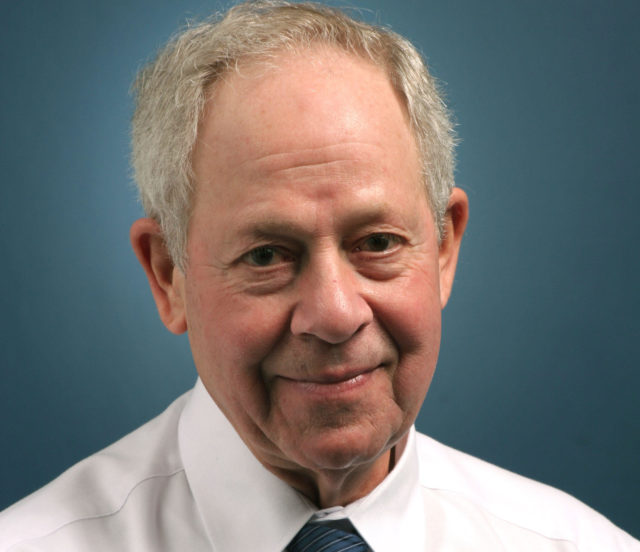Born on the 2nd of March, 1933, Rosenthal’s journey in life began in the German city of Giessen. There are no details available in regards to his early life and the identity of his parents. It is only that at the age of 6, he and his family left the European country to move the United States. As was the case in Germany, details about his life in the United States is also a blur as it is not clear what part of the country the family settled or where he attended high school. His academic records, however, indicate that he did go on to attend the University of California, Los Angeles, where he received a Bachelor’s Degree in Psychology in 1953. By 1956, he completed the requirements to be awarded a Ph.D. by the same institution, and then went on to work as a teacher at the University of North Dakota. Robert Rosenthal spent five years at Dakota before moving to teach clinical psychology at Harvard University in 1962. During his time in the Ivy League college, the psychology professor, who had initially identified as a clinical psychologist, began gravitating towards social psychology and thus made the shift. In 1992, he became the chairman of the school’s psychology department and then an Edgar Pierce Professor of Psychology in 1995, four years before he retired from the institution and moved to California.
Robert Rosenthal Books and Stories on Psychology and Human Behaviour
Robert Rosenthal, who has been ranked as the 84th most cited psychologist of the 20th century according to a survey by the scientific journal – Review of General psychology, has written many books and essays on psychology and human behavior. They include:
1. Pygmalion in the Classroom (1968)
Co-authored with Lenore Jacobson, this book looked to describe the effects of the expectations of teachers on the performance of first and second-grade students. It concluded that high expectations will lead to better performance while low expectations will have an opposite effect on the student.
2. Meta-Analytic Procedures for Social Research (1984)
In this book designed for advanced undergraduate students, graduate students, and researchers, Robert Rosenthal uses sufficient detail to describe meta-analytic procedures in order for readers to be able to carry them out for themselves or use the knowledge to evaluate them when used by others.
3. Judgment Studies: Design, Analysis, and Meta-Analysis (1987)
An ideal resource for advanced psychology students and researchers in the behavioral and social science field, Rosenthal writes this book to describe the design, analysis, and meta-analysis of studies employing human judgments in sufficient detail. He does so in order for readers to be able to conduct such studies as well as evaluate them.
4. Beginning Behavioral Research: A Conceptual Primer (1993)
Designed for undergraduates with no experience in college-level statistics, Rosenthal in this behavioral research method introductory text shows and gives students step by step guidance on how to plan an empirical study, interpret data, report findings, and make conclusions.
5. Essentials Of Behavioral Research: Methods And Data Analysis (2008)
This is a classical text in research methods for advanced undergraduates and graduate students. The book is divided into two; the first part concentrates solely on research methods while the second part introduces students to advanced statistical procedures. Knowledge in statistics is a prerequisite. Read Also: Barbara Ehrenreich Books, Biography and Facts About The Author
Awards and Recognition
Over the years, Rosenthal, who has worked with numerous students that have gone ahead to have distinguished careers, and whose work has inspired numerous studies, has been recognized with numerous awards for the work he has done in the field of psychology. In 1960, he took home the American Association for the Advancement of Science – AAAS Prize for Behavioral Science Research and in 2003 the Gold Medal Award for Life Achievement in the Science of Psychology from the American Psychological Association. That same year, he was also elected to the American Academy of Arts and Sciences. Other notable awards he has received include the James McKeen Cattell Award, the SESP Distinguished Scientist Award, and the SPSP Donald Campbell Award.



